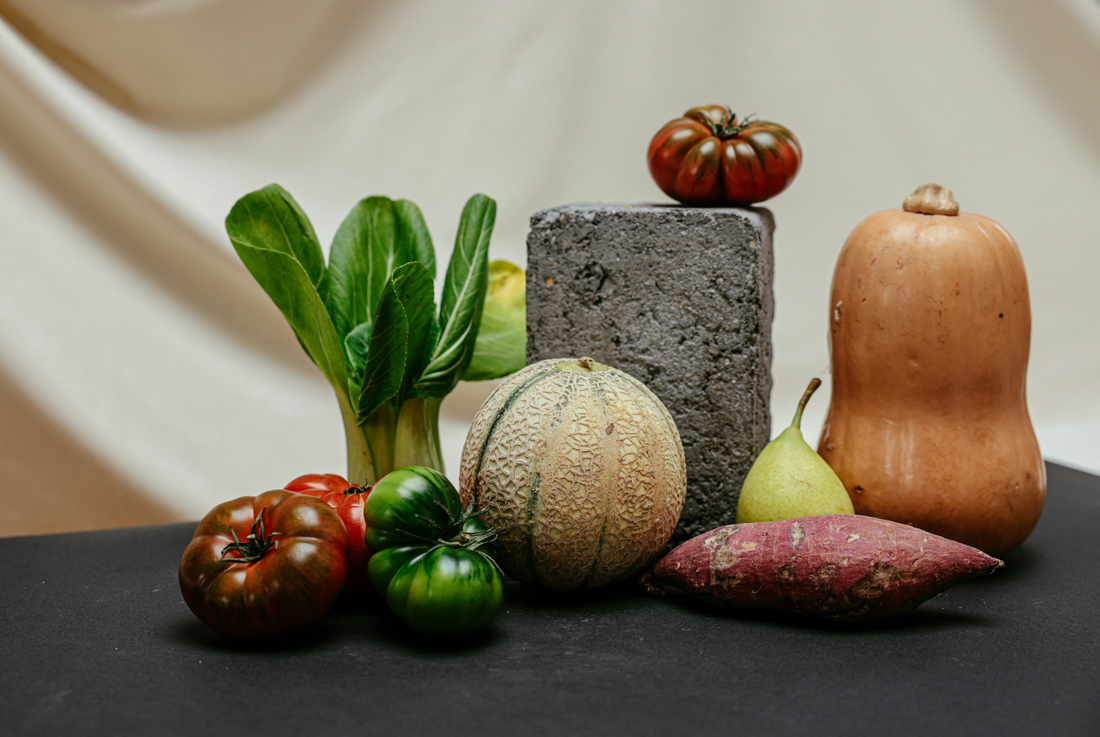
Nutritional building blocks for immune health
Share
Top nutrients for immune health
A healthy and happy immune system depends on adequate intake of:
Vitamin C
In the immune system, vitamin C works by supporting various cellular functions of both the innate (fast-acting) and adaptive (slow-acting yet specific) immune systems. It also supports the health of the skin, the largest barrier to infection, through its ability to aid connective tissue formation and support wound healing.
Finally, vitamin C accumulates in phagocytic cells, such as neutrophils. Phagocytes are a type of white blood cell that engulf foreign pathogens as they enter the body and assist in the process of destroying them. Vitamin C levels have been shown to be ten times higher in white blood cells than in plasma, which may indicate the functional role vitamin C plays in these important immune cells[1].
Food sources: oranges, papaya, capsicum, guava and green leafy vegetables.
For extra support: consider Herbs of Gold Vitamin C 1000 Plus.
Vitamin D
Vitamin D, also regarded as the ‘sunshine vitamin’, is a critical nutrient for immune health. Vitamin D is involved in the regulation of various immune cells that function as part of the innate and adaptive immune system and is also required for the synthesis of important immune chemicals, all of which are essential for helping to keep foreign invaders at bay.
As its alternative name suggests, one of the best and most cost-effective ways to support your vitamin D levels is through getting regular sun exposure. When your skin is exposed to sunlight it produces vitamin D in response to ultraviolet (UVB) radiation. Spending time outdoors, particularly around midday when the sun's rays are strongest, can help your body synthesise vitamin D. However, factors such as geographic location, season, time of day and skin pigmentation can affect the amount of vitamin D produced from sunlight exposure. Despite this, vitamin D can be sourced from various foods and can be taken as a supplement.
Food sources: fatty fish (e.g. salmon and mackerel), egg yolks, fortified foods (e.g. plant-based milk) and sun-exposed mushrooms.
For extra support: consider Herbs of Gold Vitamin D3 1000.
Zinc
Zinc is an important mineral renowned for its immune-supporting properties. A 2017 review concluded that zinc is responsible for activating immune cells, serving like a “danger signal”[2]. Adequate amounts of zinc in the body also functions to support important immune fighting cells such as neutrophils and natural killer cells, which are often the body’s first line of defence against illness.
While this immune-loving mineral is widely distributed in animal and plant foods, many factors impact the absorption of zinc from foods. Zinc is more difficult to absorb from plant-based foods as phytates, a naturally occurring compound found in these types of foods, inhibit the absorption of zinc. Therefore, zinc requirements for vegetarians and vegans are much higher.
Food sources: oysters, meat, fish, poultry, nuts and seeds.
For extra support: consider Herbs of Gold Ultra Zinc +.
Always read the label and follow the directions for use.
[1] Hemilä, H. (2017). Vitamin C and infections. Nutrients, 9(4), 339.
[2] Wessels, I., Maywald, M., & Rink, L. (2017). Zinc as a gatekeeper of immune function. Nutrients, 9(12), 1286.
